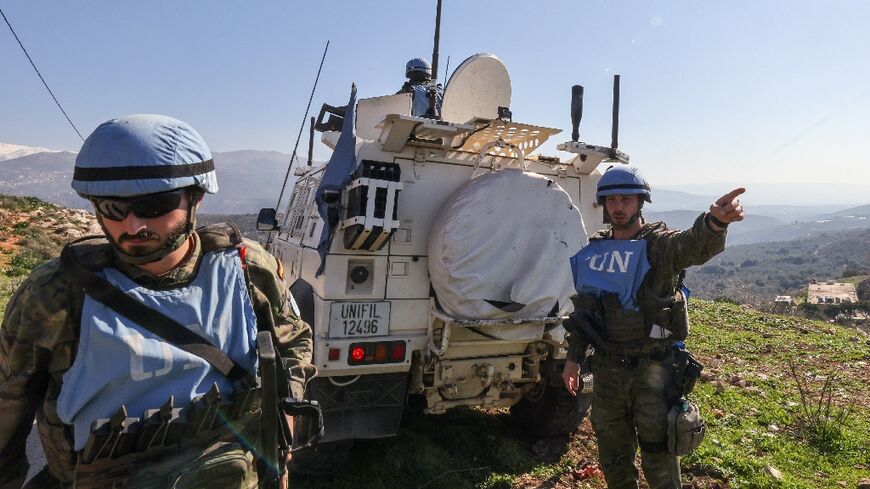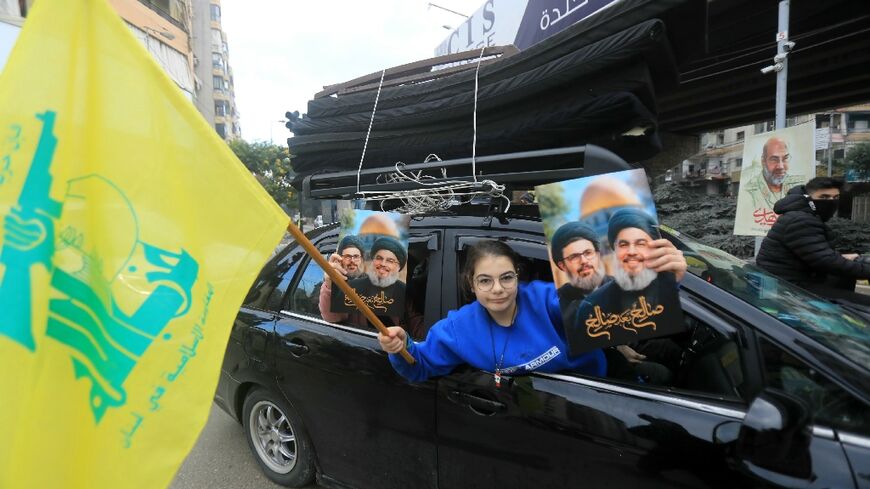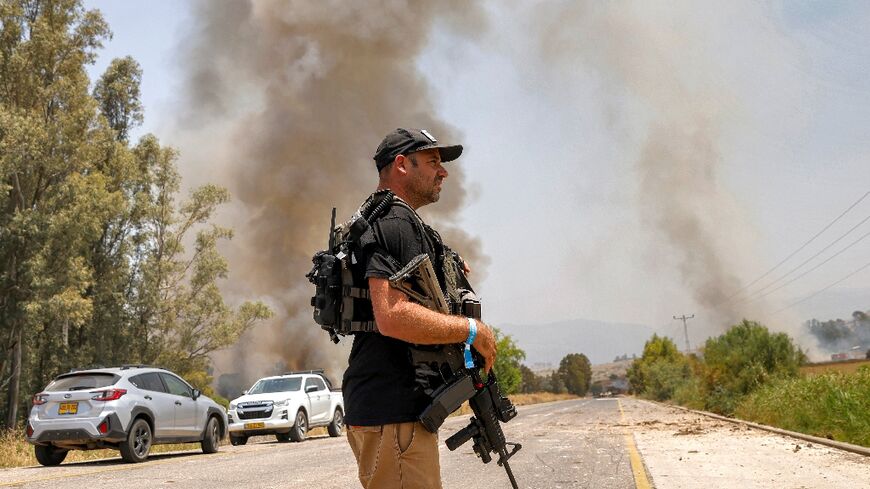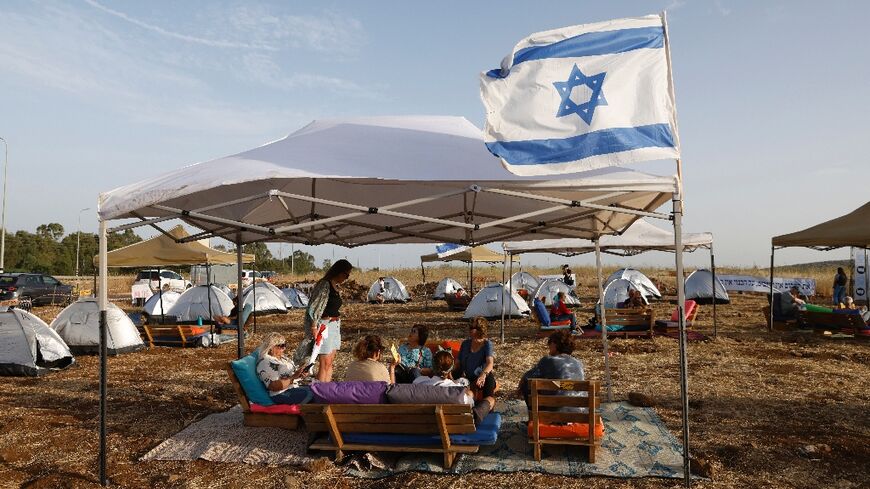Displaced Israelis fear returning home despite Lebanon truce
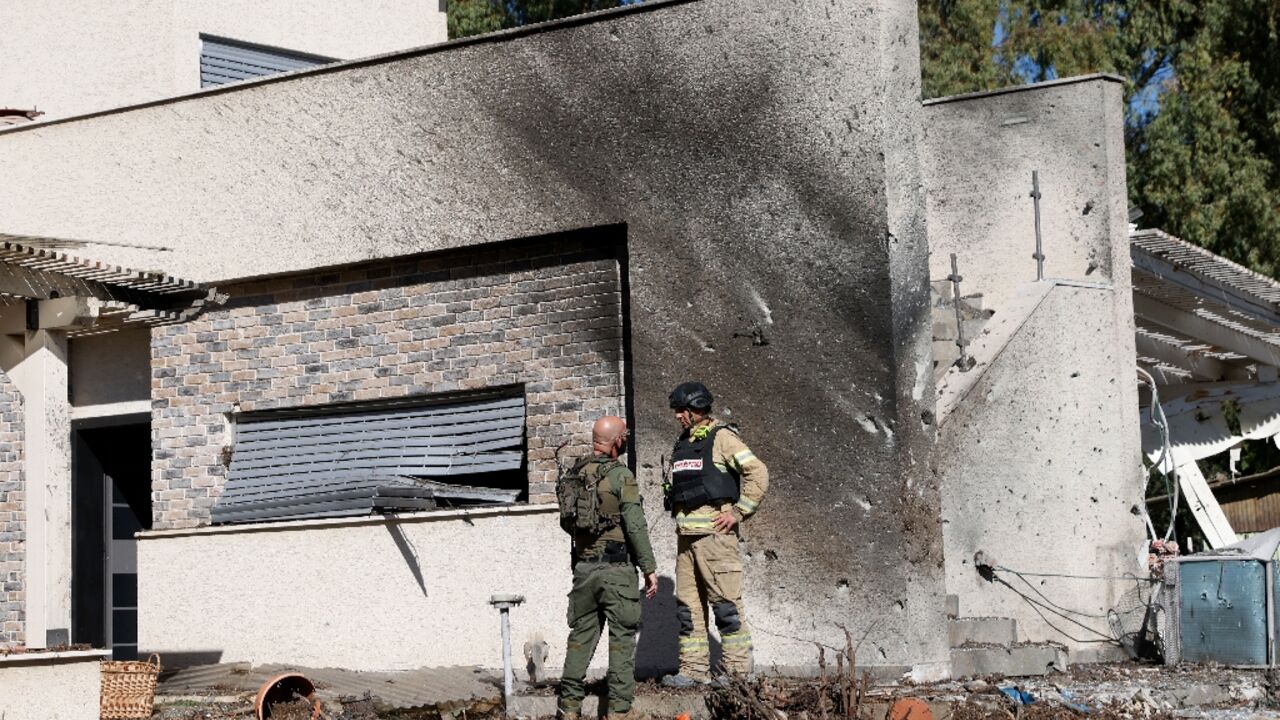
Despite the relative calm in the Israeli border town of Kiryat Shmona since a ceasefire took effect between Israel and Hezbollah, Rakhel Revach said she was not moving back just yet.
"Why am I not returning to live here? I want to return with full security," the 57-year-old said on a brief visit to pick up some personal belongings.
"As long as there is no full security and I still hear booms and see the army inside (Lebanon), I am not willing to return."
The ceasefire deal, which was intended to end more than a year of cross-border exchanges of fire and two months of all-out war, went into effect early on Wednesday.
While many of the nearly 900,000 civilians who were displaced in Lebanon have hurried back to their homes, many of the 60,000 Israelis who fled have been more reluctant.
The damage from the war between Israel and Hezbollah is evident across Kiryat Shmona in shattered windows, pockmarked walls, broken roof tiles and burnt-out cars.
The town, just two kilometres (1.2 miles) from the Lebanese border, was repeatedly hit by rocket fire during the war.
- 'No education, no jobs' -
Revach said returning to Kiryat Shmona would be difficult.
"There is no infrastructure here, no education, no jobs, nothing," she said.
"Many homes are destroyed, many people have been harmed here... All these things need to be addressed first, and only then can we return to normal life."
While the Israeli government has said it wants residents to return home, it has yet to indicate when or how they should do so.
Doron Shnaper, spokesman for the Kiryat Shmona municipality, said most residents had yet to return home.
"They will not return until the war is officially declared over," Shnaper said.
Kiryat Shmona was declared a closed military zone for several months and on October 9 rocket fire from Lebanon killed two people in the town.
Another resident, Meir Ben Hemo, who stayed throughout the fighting, described what he said was a "very difficult" situation.
"Restoring the town to what it once was: safe, it will take a long time. It's not something that can happen overnight, like 'come back, and everything will be fine'. That's a lie," the 51-year-old told AFP.
- 'Absolute victory' -
Spokesman Shnaper said there are mixed feelings about the truce in Kiryat Shmona.
"Right now, we are only in a ceasefire. From the experience of past years... ceasefires have always been fragile," he said.
"What if the residents return and again missiles fall. Then what was the point of being displaced for a year and two months?" Shnaper asked.
A few kilometres (couple of miles) to the east at Kibbutz Menara, an AFP correspondent heard artillery and automatic weapons fire still coming from over the border.
"We very much want the war to end, but we want it to end in absolute victory, with the threat removed, and not with someone signing a piece of paper that we don't believe in," Shnaper said.
"We demand that the Hezbollah organisation no longer exists," he added.
Under the terms of the deal, the Lebanese army will deploy in south Lebanon as the Israeli army withdraws over a period of 60 days.
Hezbollah is required to withdraw its forces north of the Litani River, around 30 kilometres (20 miles) north of the border, and dismantle its military infrastructure in the south.
"As long as they (Hezbollah) are not pushed back beyond the Litani River, there won't be peace here," Ben Hemo said.


